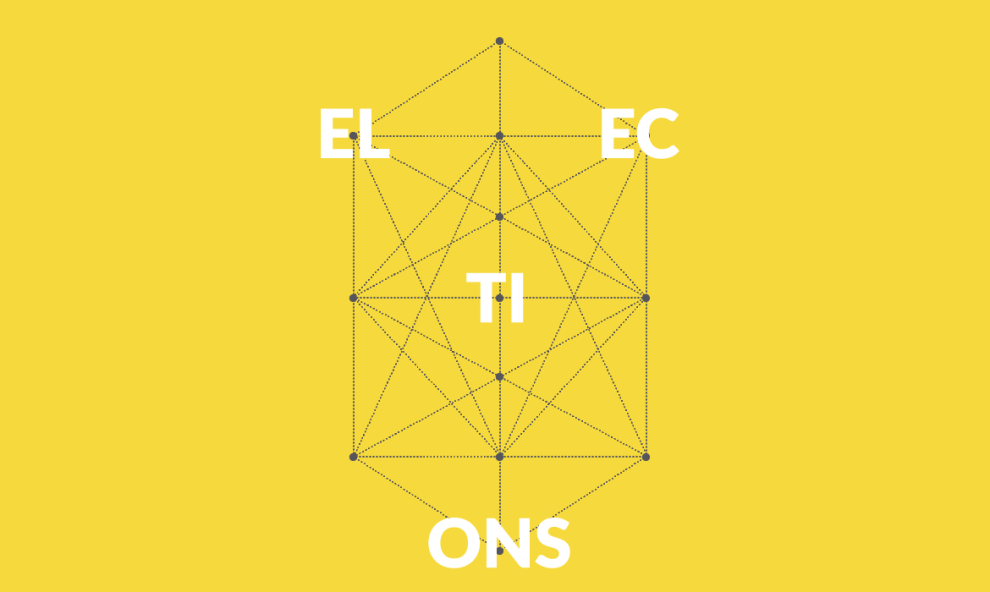Saint Augustine said that time is present in three facets: the present, as we experience it; the past, as present memory, and the future, as present expectation. For President Calderón, time is ever shorter, and what is not already built today cannot be harvested, whether after or during his 6-year term of office. Given the manner the current government has evolved and the complexity of the era in which we live, the President must define himself with full clarity: whether he will employ the time left to him in an attempt for his political party to win the upcoming 2012 election, or to confront the problems beleaguering the country. At this point, it is no longer possible to accomplish both.
This is decision time. The time to think, plan, and sow has gone by. Although the presidential term comprises solely 6 years, the political dynamic is not divided into two halves. At its initiation, a government has time to set forth its plans, to place them on track, and to trust that it will be able to harvest these before the end of the term. After the mid-point, which in political terms is marked by the federal elections, the country enters into electioneering dynamic in which everything is defined in terms of the next presidential contest. Each and every theme in Mexico is measured and appraised in light of its potential impact on the approaching joust.
Throughout history, Mexican presidents have done what they could in their first three years in office, and thereafter have devoted themselves to prepare for their succession. During the PRI era, this implied positioning their chips in competent arenas, negotiating with the diverse interest groups, and attempting to drive their preferred candidate. They engaged in the latter by means of innumerable mechanisms: programs with dedicatory and implicit support, transferences, and subsidies for the projects or themes that would benefit the specific individual and similar others. The sole example of the PAN era, Vicente Fox, displayed deficient learning from the PRI system: President Fox supposed that only by his desiring it, everything would come together for the benefit of his anointed one. But, as we well know, the candidate in another’s court won. Due to his way of acting, as President and as Ex-president, Fox was left with the two assets with which he began: his charisma, and the defeat of the PRI. His presidency not only credited nothing to his merits, but also subtracted from these.
President Calderón has had to deal with a much more complex period. From its precipitative initiation to the international crisis, his government has bounced back and forth. Incapable of delegating authority to competent people, it has solely accomplished what its extremely narrow margin of control permits. All of this has earned him relatively low popularity, great disapproval in key sectors, groups, and persons, and very few achievements upon which to secure his personal and political future. Because of his personality, Calderón tends to exclude rather than to include, to alienate rather than to co-opt. His critics may be very ignorant, but they are not always wrong.
He is now caught in the clutches of time. We are at 20 months of defining the presidential candidates and at 1½ years of the next election. The President must define whether he will maintain course, which could well translate into a defeat for the PAN, potentially at the hands of the PRI, or whether he will redefine his project. If he opts to follow the traditional logic—to devote himself to ensuring the election of his favored candidate— he will abdicate all possibility of advancing any reform agenda and achievement for the country. A defeat by the PAN would nearly be ensured. If, on the other hand, he redefines his project, he will be presented with the opportunity of making a difference that would place him on a new personal platform at the end of his term. This is not a minor dilemma. The theme is political, but also personal, i.e., how he wishes to be perceived by history: as a president who, whoever wins, left a better country, or as one who resolutely persisted in a failed project.
Although there is nothing definitive in politics—Yogi Berra, the famous baseball player, is quoted as observing “It ain’t over ’til it’s over”—current tendencies do not favor the governmental party. The wear-and-tear is patent; conflicts at the interior of the PAN are rising; young people have lost faith, and more importantly, there is not much that the current government has at hand that would allow us to suppose that it will glean something relevant in the next 30 months. What was not sown in timely fashion can no longer translate into political or electoral benefits.
This circumstance will force the president to measure his own strengths and possibilities. To devote himself to driving a potential successor would constitute a mainly risky venture, and it would even be possible to argue that it would contribute to the candidate’s defeat. The experience of Calderón himself is relevant here: a good part of the credibility that led him to win the 2006 election was concerned precisely with the fact that he was legitimately able to situate himself as independent of Fox. The worst of all worlds for Calderón would be that in which he persists in nominating and in making his candidate the winner of the election, only to end in defeat and permanent ostracism himself. It would be better for him to pledge his future to something transforming that, ironically, could be salubrious for his party.
The alternative would be to imitate the manner in which Ernesto Zedillo conducted himself during the second half of his presidential mandate. Instead of devoting himself to the PRI political grid or fervently espousing a determined candidate, Zedillo opted for a great electoral reform, in which he assumed himself to be Head of State, and not a PRIista. This distinction was key to the success of the 1996 reform, which led to the successive electoral and political transformations experienced by the country. Zedillo was able to accomplish this because he decided that the country was more important than the PRI, and this allowed him to negotiate with PRI party members with an endowment of freedom and credibility that no individual committed to a short-term electoral result could confer upon him.
The theme for Calderón would not be electoral in ilk, but the dilemma is exactly the same. His alternative lies in being solely one more PANista come to naught and perdition, or in becoming a Head of State who drives political and financial reforms that permit him to bequeath a transforming, generational legacy that anchors the future of the country to a new stage of opportunity. The problem is that both things cannot be done, because he would not possess the credibility necessary to achieve robust negotiation of the radical changes that the country requires in the political-institutional dimension, as well as in that of income and expenditure. Both are transcendental matters of power that do not coalesce well with short-term party partisan interest. It is decision time.
Decision Time






Comments